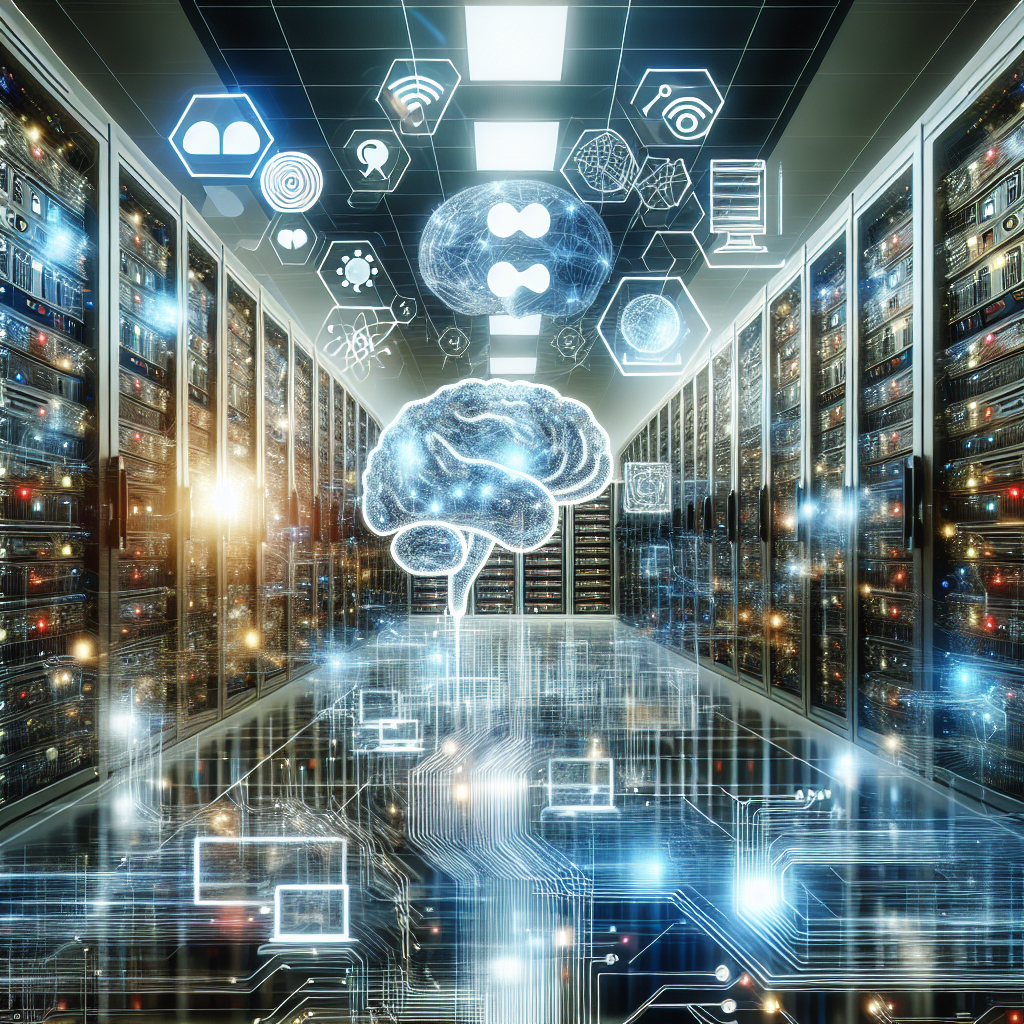In today’s digital age, data has become one of the most valuable assets for businesses. With the rise of big data analytics and machine learning technologies, organizations are able to extract valuable insights from massive amounts of data to make informed decisions and improve their operations. However, managing and processing this data requires powerful infrastructure, and data centers play a crucial role in enabling these technologies to function effectively.
Data centers are centralized facilities that house computing systems, storage devices, networking equipment, and other components necessary for processing and storing data. These facilities are designed to provide high levels of security, reliability, and scalability to support the massive amounts of data generated by businesses and individuals.
In the context of big data analytics and machine learning, data centers play a vital role in several key areas:
1. Storage: Data centers provide the storage capacity needed to store large volumes of data generated by organizations. This data can include structured data from databases, unstructured data from social media and other sources, and semi-structured data from sensors and IoT devices. Data centers use storage technologies such as hard disk drives, solid-state drives, and cloud storage services to securely store and manage this data.
2. Processing: Data centers house powerful servers and processing units that are capable of handling the complex calculations and algorithms required for big data analytics and machine learning. These servers are optimized for tasks such as data processing, data mining, and predictive modeling, enabling organizations to derive valuable insights from their data in real-time.
3. Networking: Data centers are equipped with high-speed networking infrastructure that enables fast and efficient communication between servers and storage devices. This is essential for transferring large amounts of data between different components of the data center and for connecting to external networks and cloud services.
4. Security: Data centers implement robust security measures to protect sensitive data from cyber threats and unauthorized access. This includes physical security measures such as access controls, surveillance cameras, and biometric authentication, as well as cybersecurity measures such as firewalls, encryption, and intrusion detection systems.
Overall, data centers play a critical role in enabling organizations to leverage big data analytics and machine learning technologies to gain a competitive advantage in today’s data-driven economy. By providing the infrastructure needed to store, process, and analyze large volumes of data, data centers empower businesses to make data-driven decisions, improve operational efficiency, and drive innovation in a rapidly evolving digital landscape.


Leave a Reply